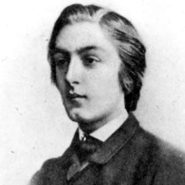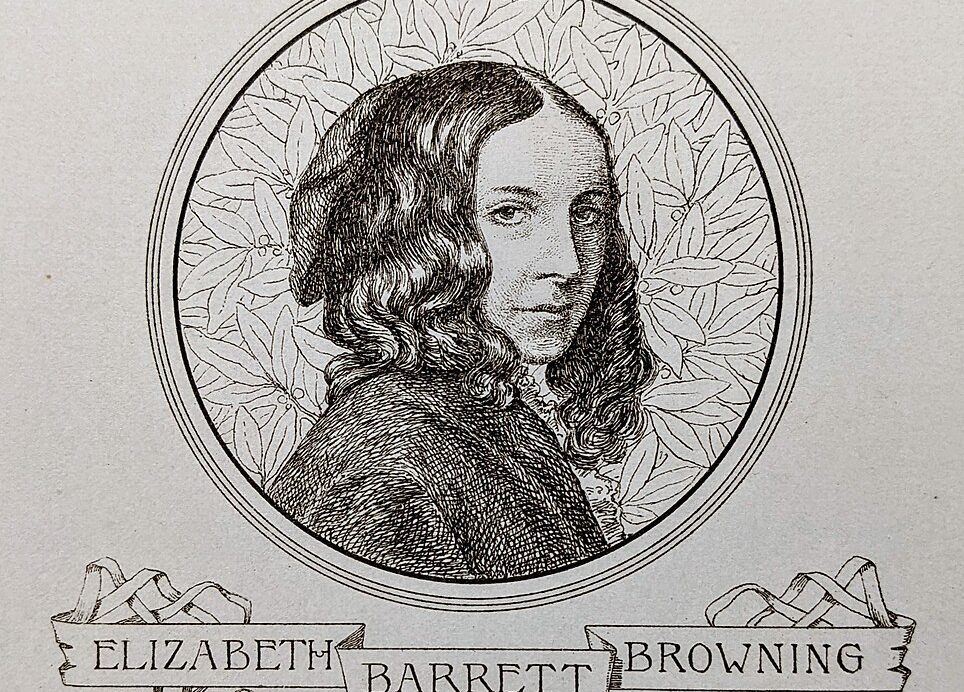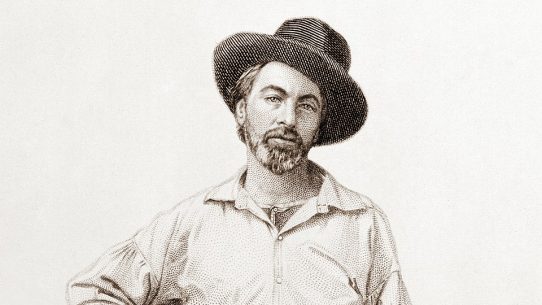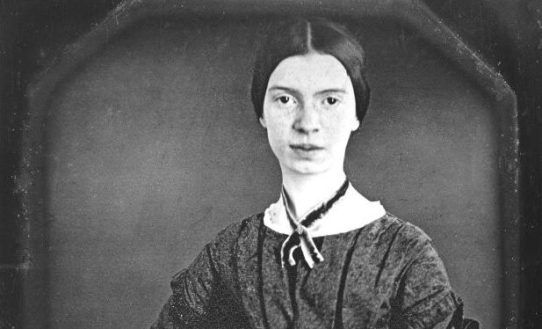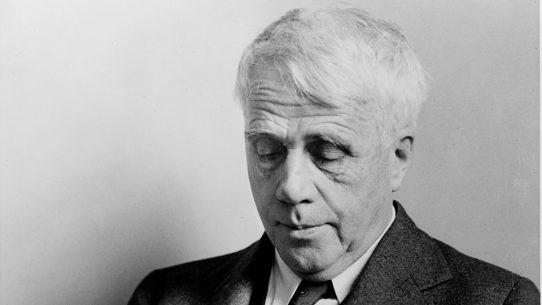Born: March 6, 1806, Durham, England
Died: June 29, 1861, Florence, Italy
Nationality: English
Literary Period/Movement: Victorian
Introduction
Elizabeth Barrett Browning (1806–1861) was one of the most distinguished poets of the Victorian era. Her deeply emotional and intellectually rich verse explored love, faith, and social justice, earning her both critical acclaim and immense popular affection.
Early Life and Education
Born into a prosperous family, Elizabeth Barrett showed precocious literary talent, writing her first epic poem at the age of twelve. A spinal injury and chronic illness confined her for much of her youth, but she continued to read voraciously, studying Greek, Latin, and philosophy from her home in Herefordshire. Her early works reveal both classical learning and a passionate moral awareness.
Literary Career and Major Works
Her early volume, The Seraphim and Other Poems (1838), established her reputation for combining spiritual intensity with lyrical grace. In the 1840s, she became a prominent voice for social reform, writing poems that protested slavery, child labor, and the condition of women. The Cry of the Children (1843) stands as a powerful indictment of industrial exploitation.
In 1846, Barrett secretly married fellow poet Robert Browning, and the couple moved to Italy, where her health improved. There she wrote her most celebrated work, Sonnets from the Portuguese (1850), a sequence of love sonnets expressing the depth and transformation of her affection for Robert. Her long poem Aurora Leigh (1856) blended autobiography, social criticism, and feminist thought in a form ahead of its time.
Style, Themes, and Influence
Elizabeth Barrett Browning’s poetry blends passionate emotion with moral conviction. Her themes range from divine love and personal devotion to political freedom and women’s rights. She combined Romantic intensity with the Victorian social conscience, using her verse as both art and advocacy.
Her technical skill, emotional honesty, and intellectual daring influenced poets such as Emily Dickinson and Christina Rossetti. She remains a central figure in the evolution of the woman’s voice in English literature.
Later Life and Legacy
In Italy, Barrett Browning became a supporter of the Risorgimento, the movement for Italian unification, which inspired her Poems Before Congress (1860). She died in Florence the following year, mourned across two nations. Her final resting place in the English Cemetery remains a site of literary pilgrimage.
Elizabeth Barrett Browning’s legacy endures as that of a poet who fused intellect, feeling, and moral vision — a voice of love and conscience that still resonates with power and grace.
Notable Works
- The Seraphim and Other Poems (1838)
- Poems (1844)
- Sonnets from the Portuguese (1850)
- Aurora Leigh (1856)
- Poems Before Congress (1860)
Related Poets
Robert Browning, Christina Rossetti, Alfred Tennyson
